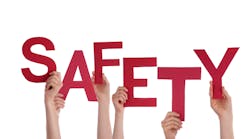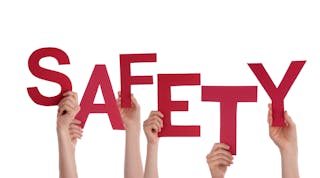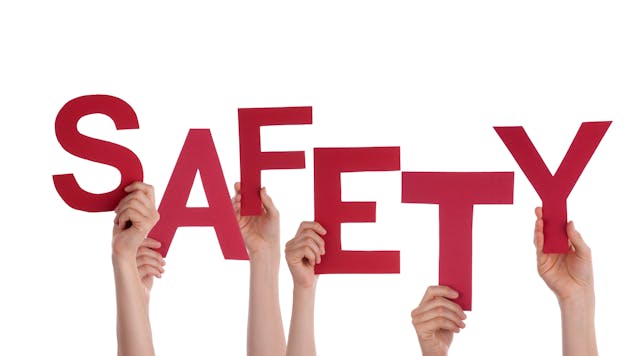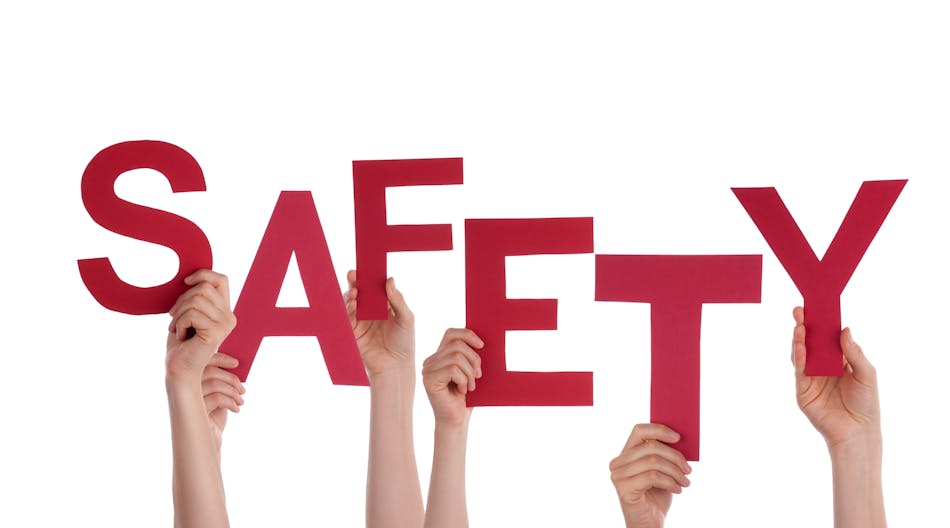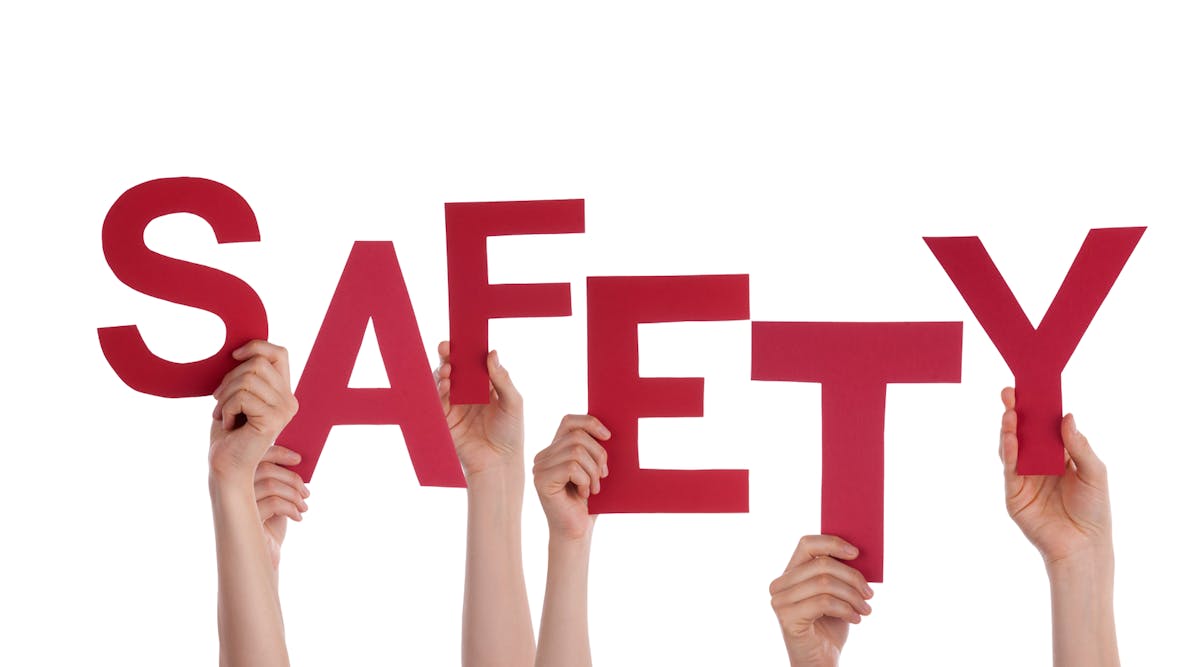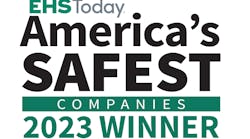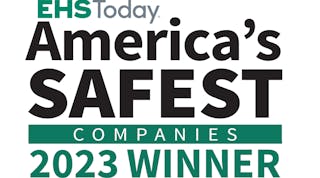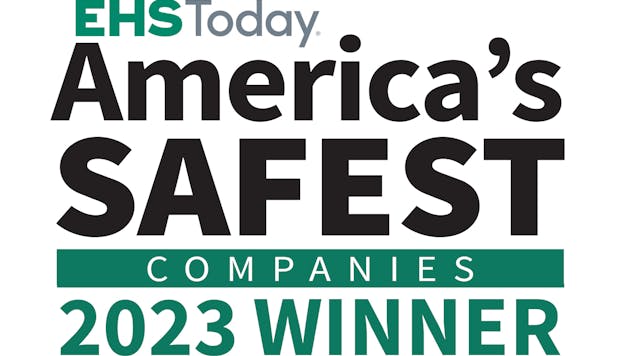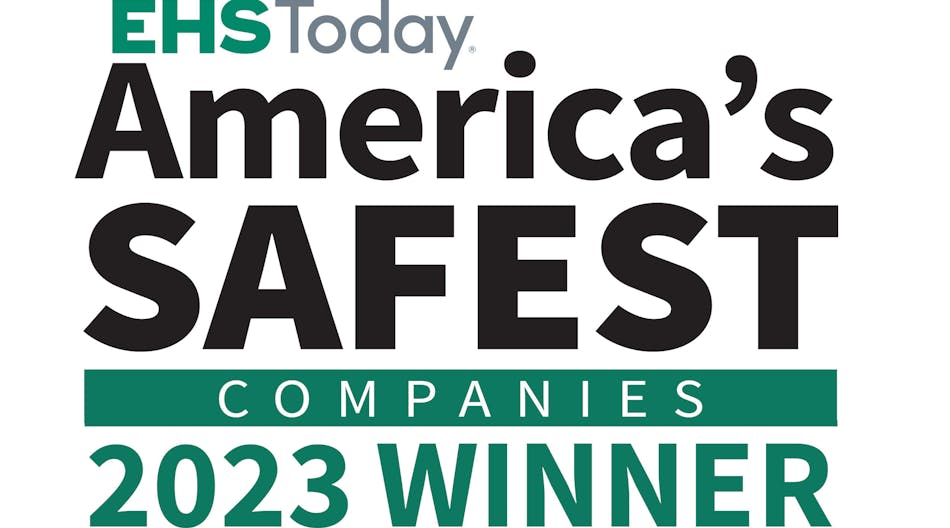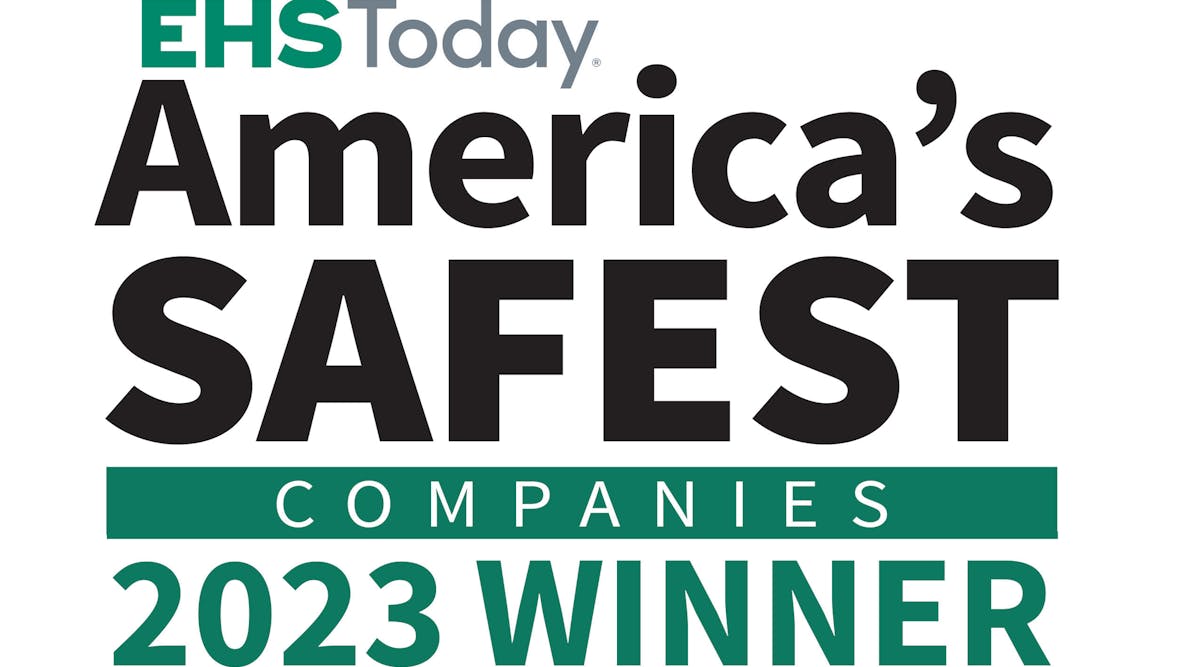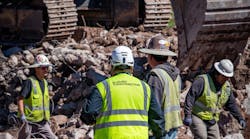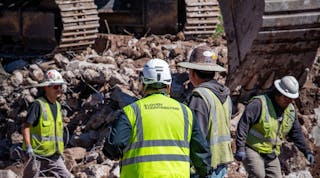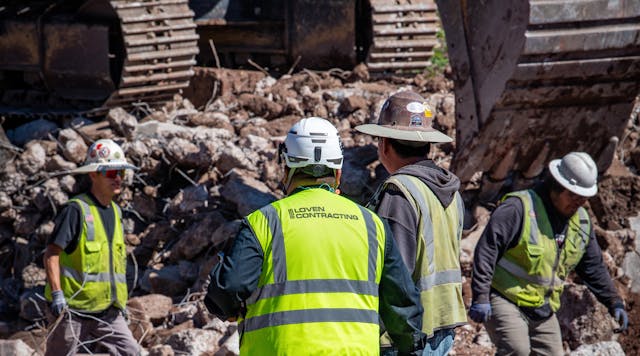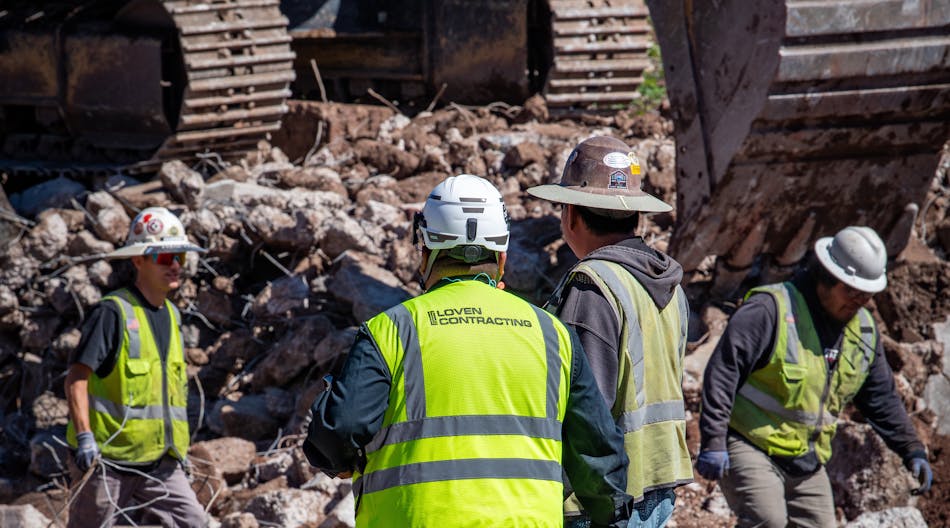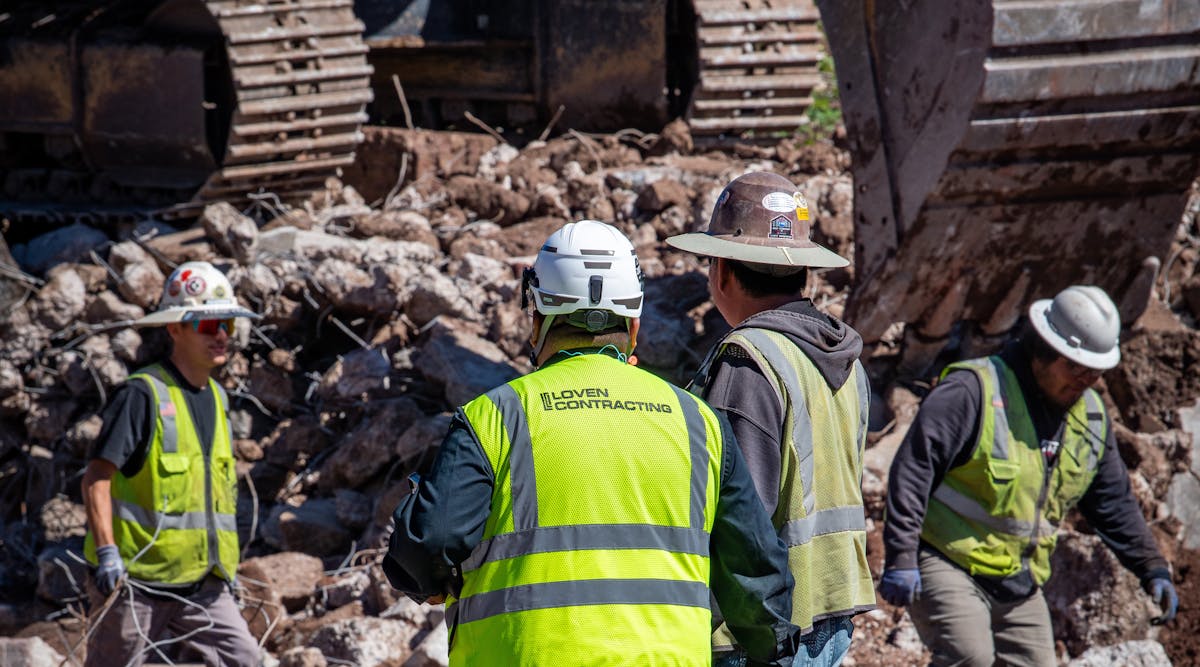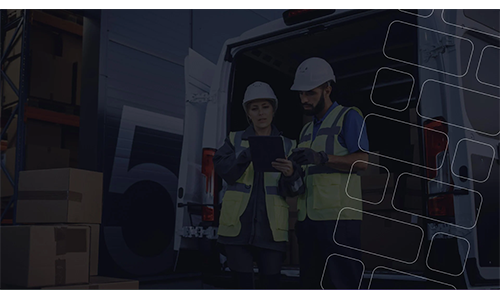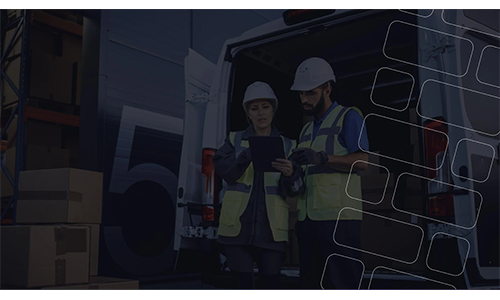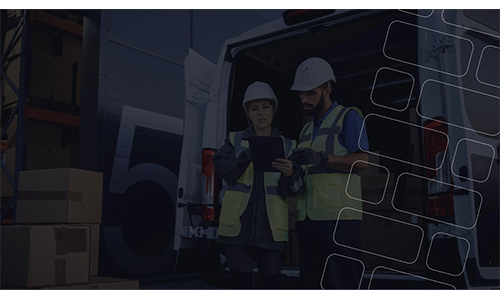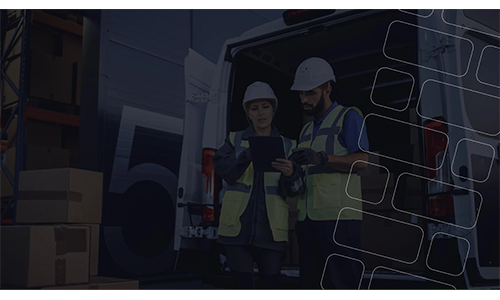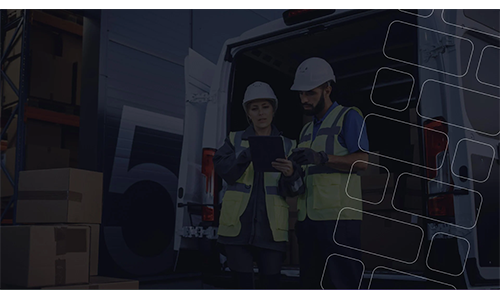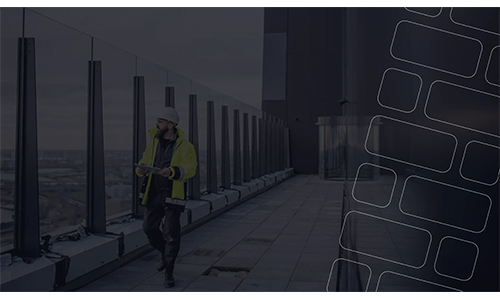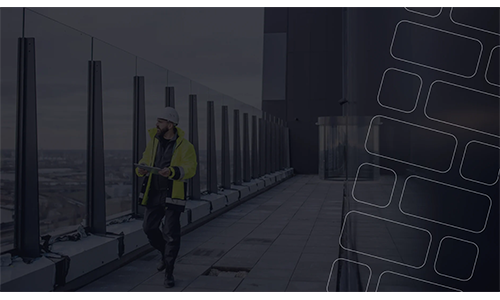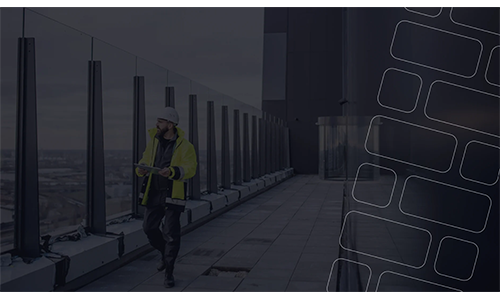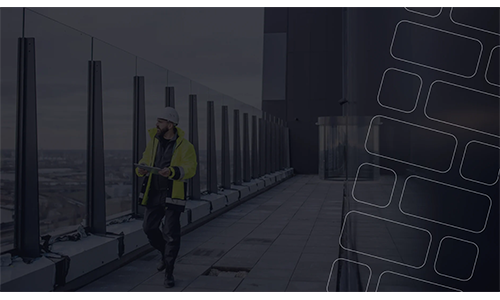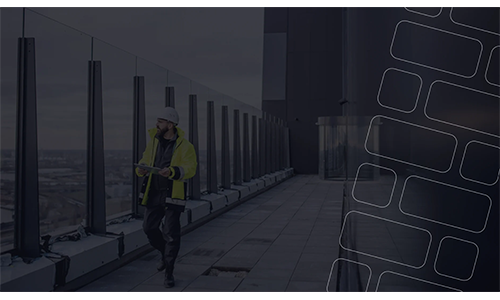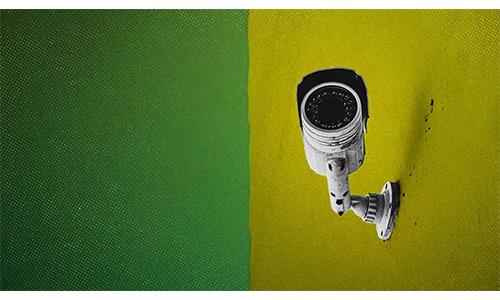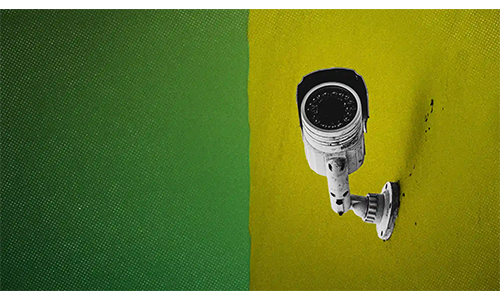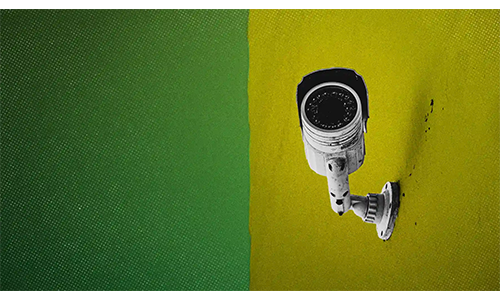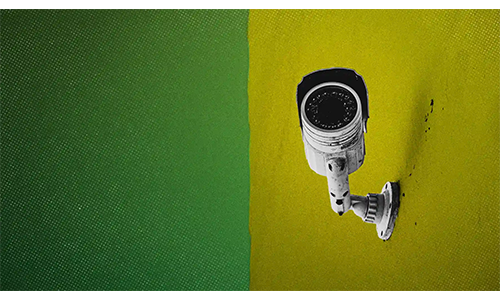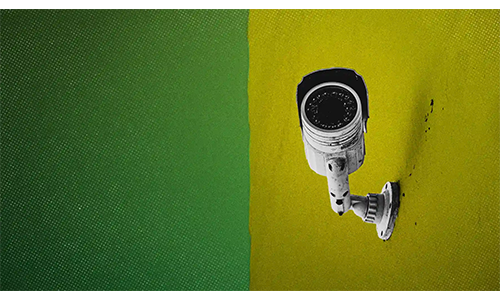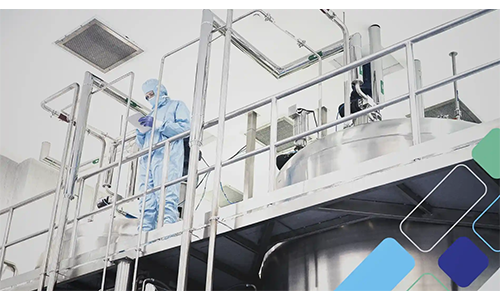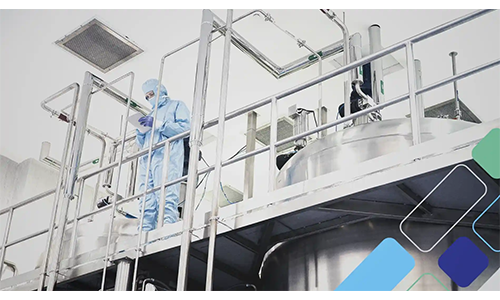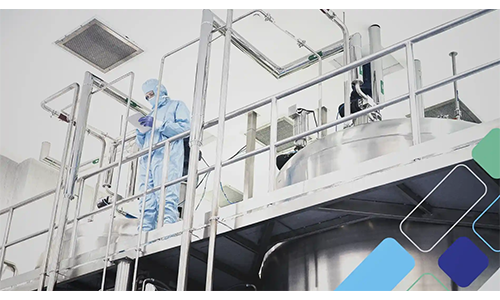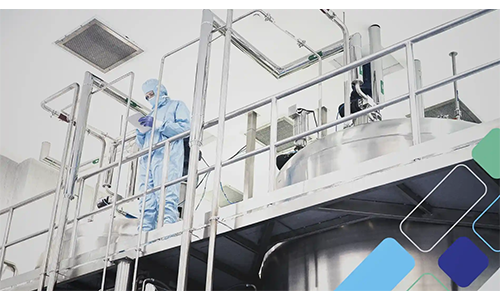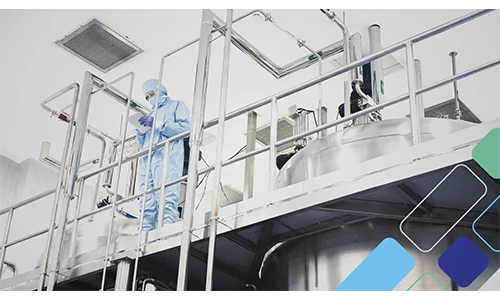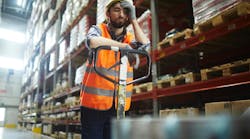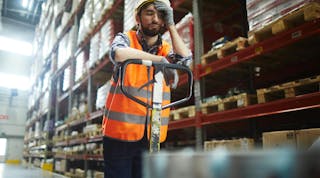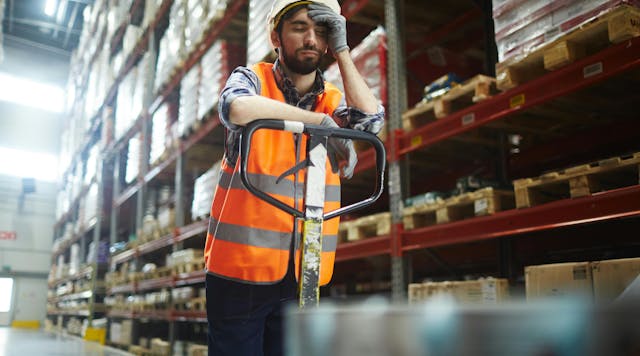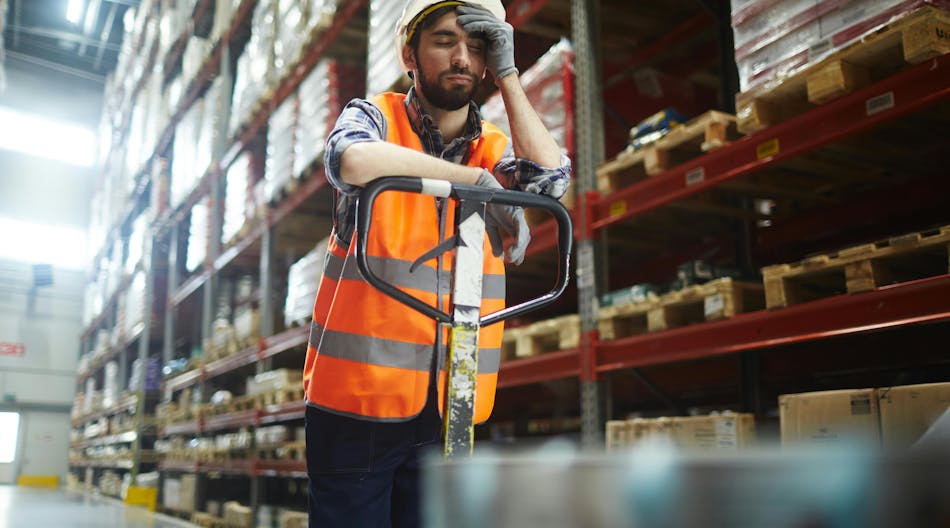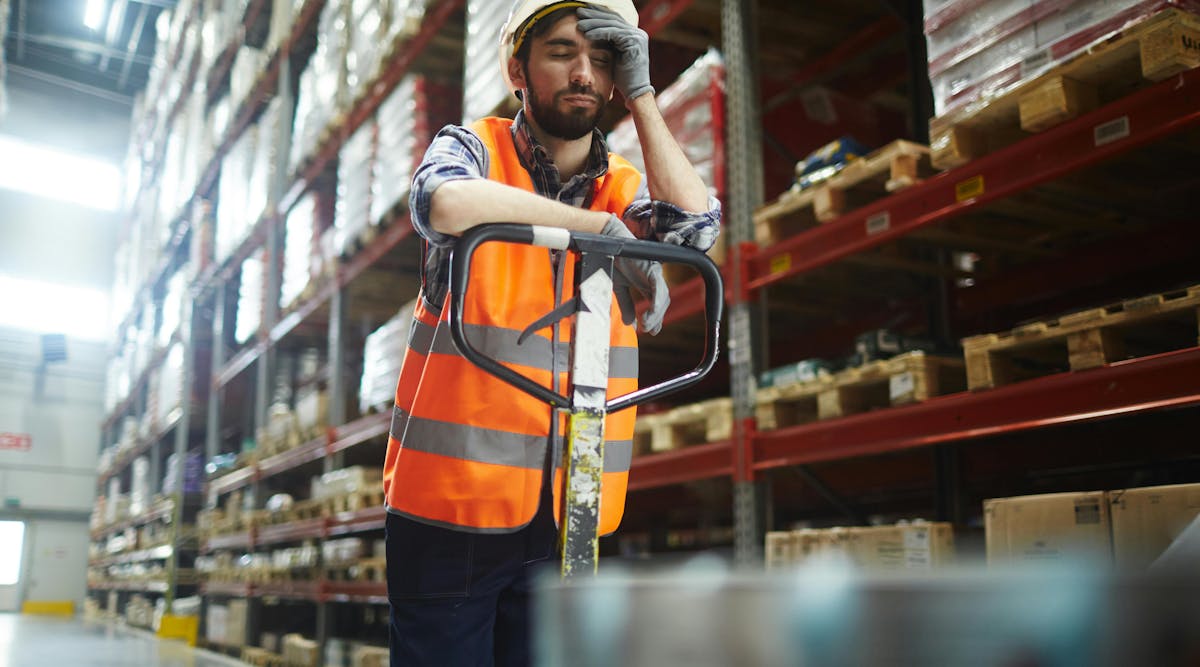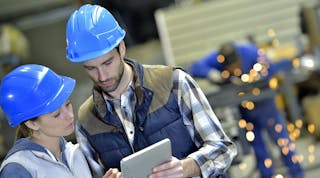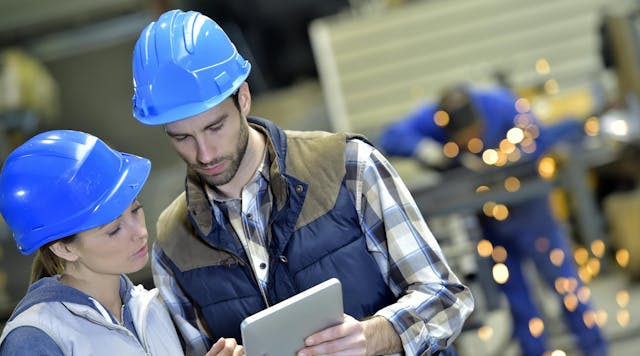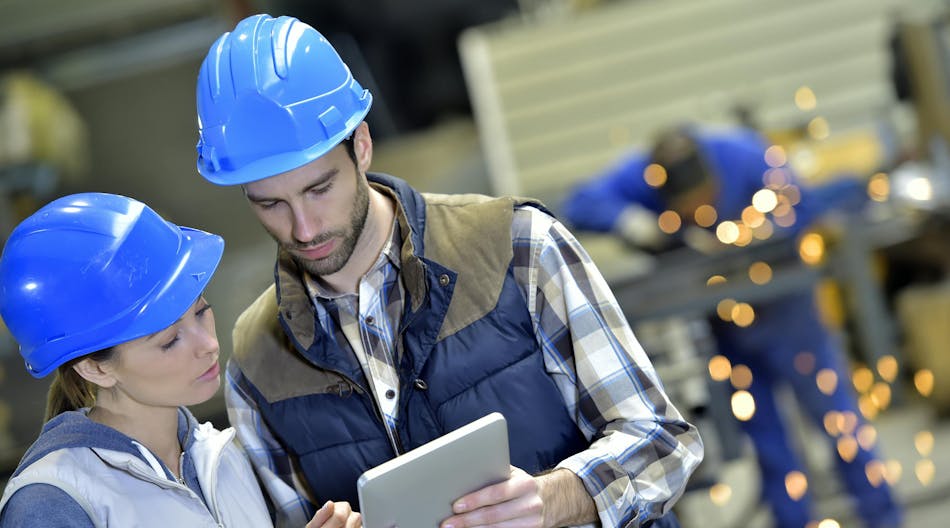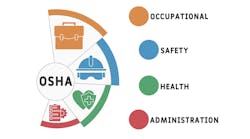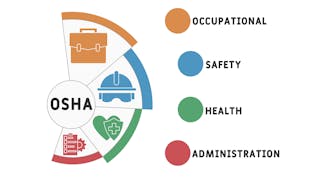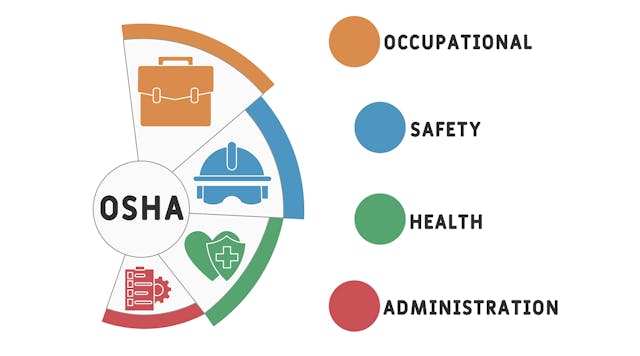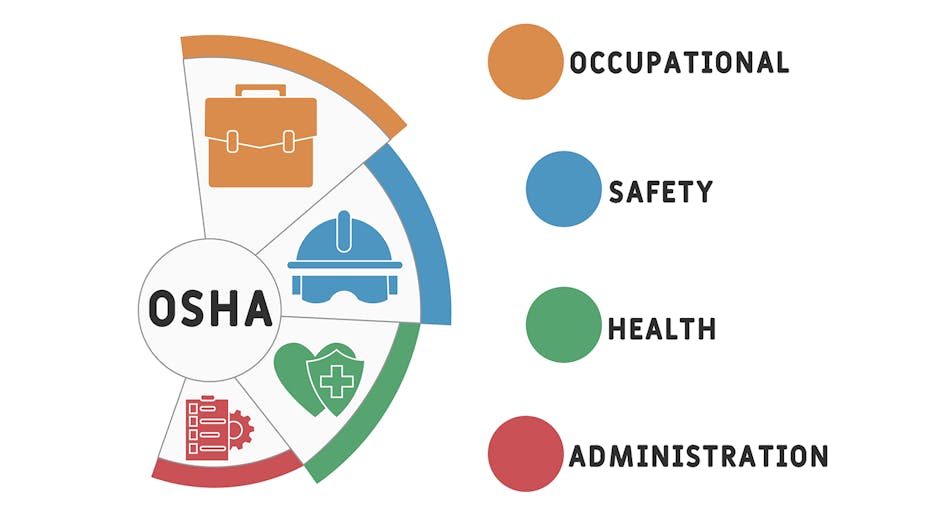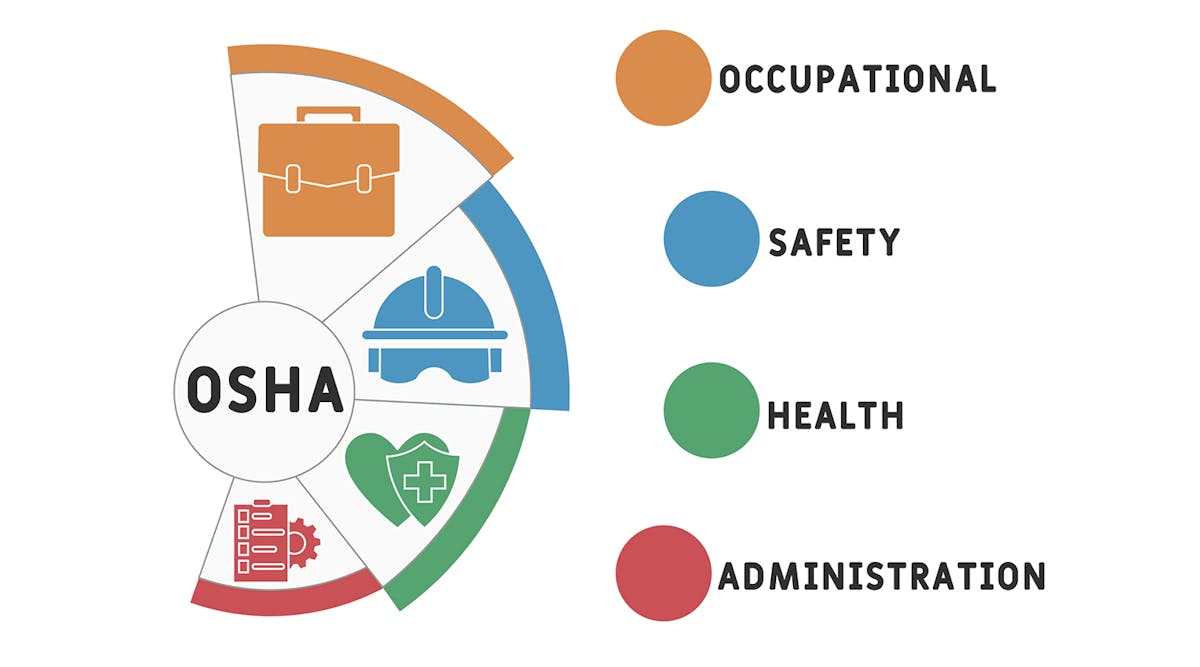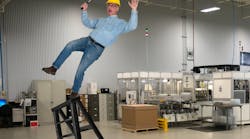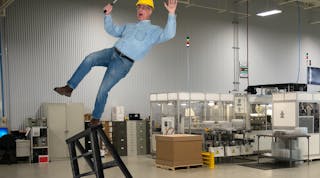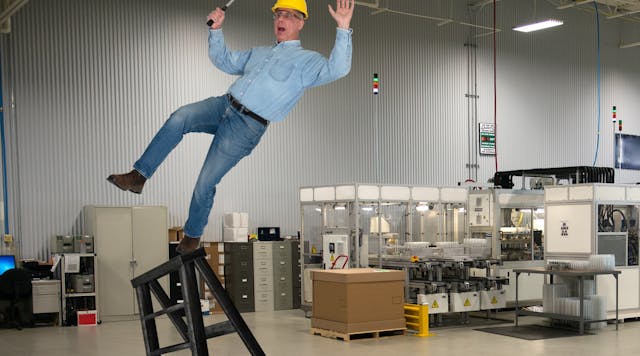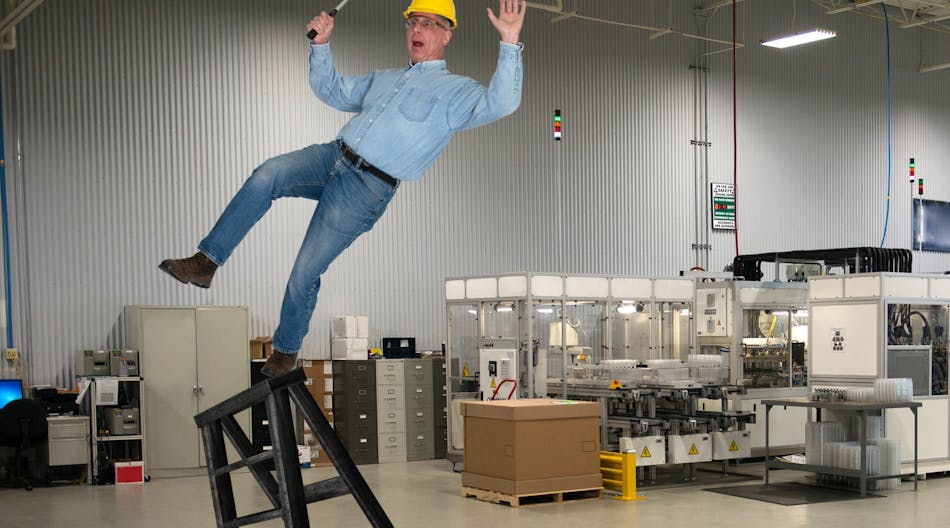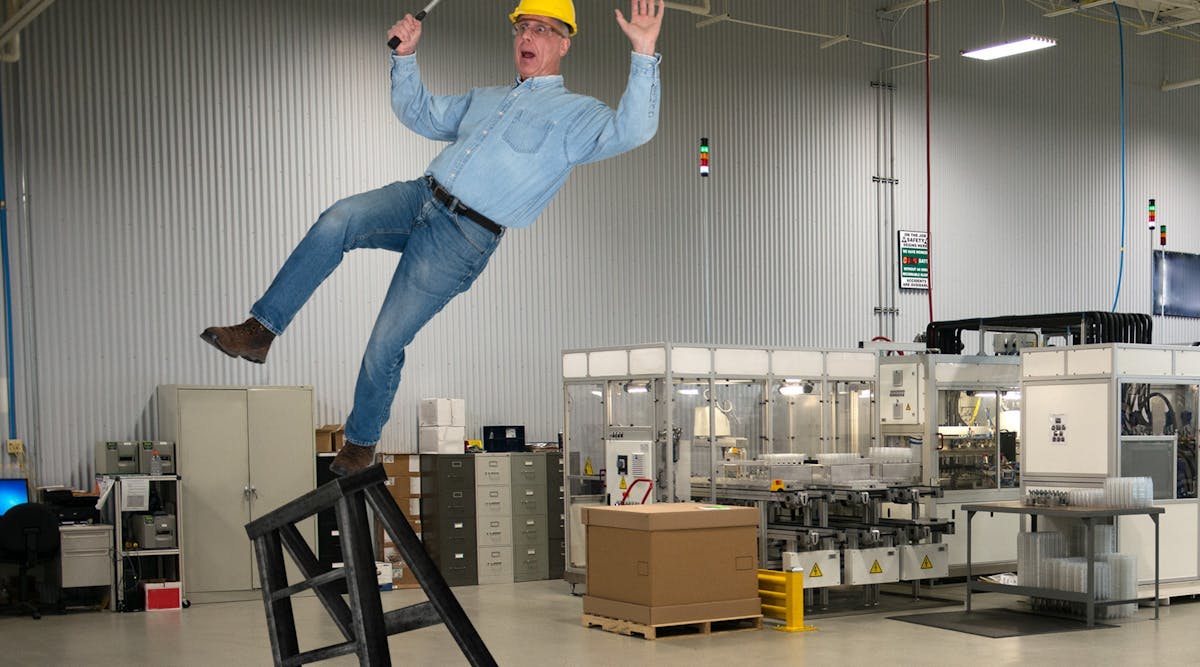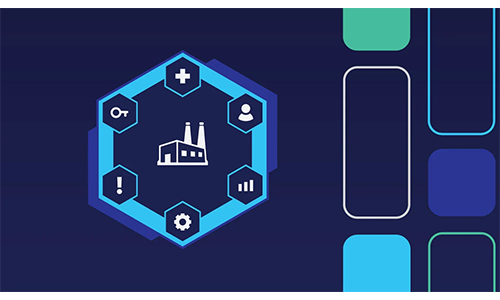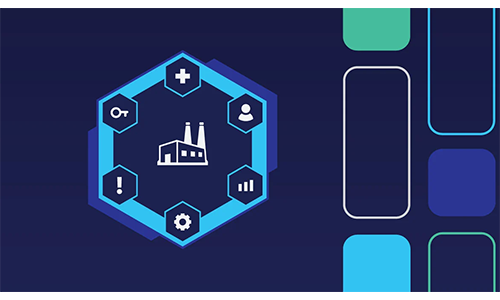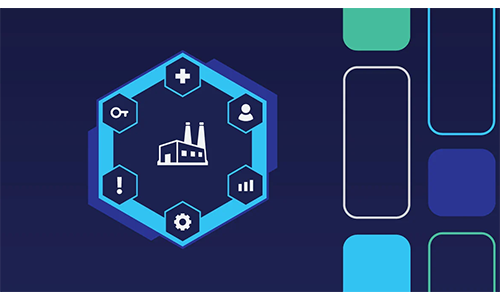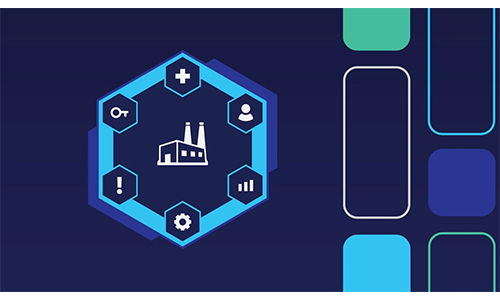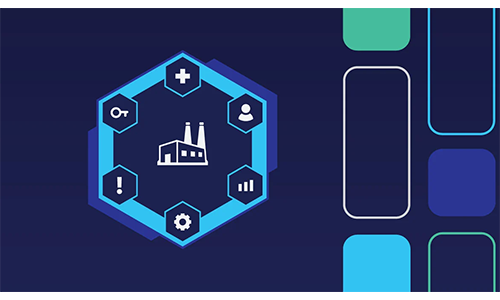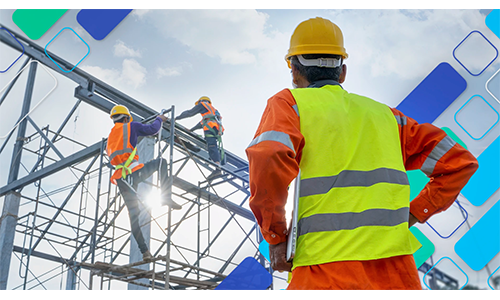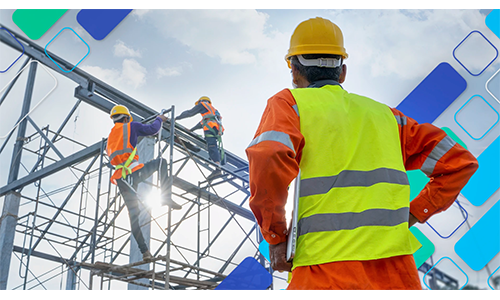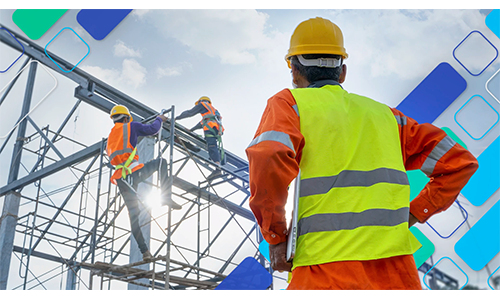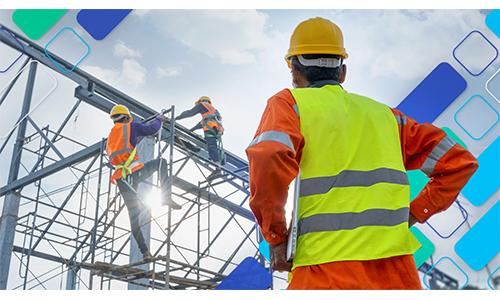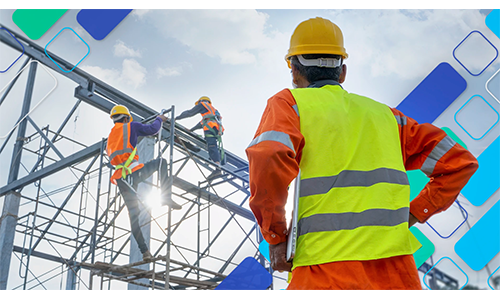A key characteristic that distinguishes our America’s Safest Companies (ASC) winners is the core value that responsibility for a safe workplace sits squarely on the shoulders of every single person in the company.
When everyone in the organization is able to not only speak up when identifying a risk but also to take action, disasters are avoided.
Therefore, the opposite is true—when the sum part of a company’s workforce refuses to see or act upon risks, catastrophes can happen.
A very recent example of that is the situation that occurred on the island of Maui. As the initial shock of the hurricane and wildfires wears off, officials are still trying to piece together what went wrong. The county of Maui, for instance, has sued the local electric company claiming that the utility negligently failed to shut off power despite exceptionally high winds and dry conditions.
The Associated Press reported that witness accounts and video “indicated that sparks from power lines ignited fires as utility poles snapped in the winds, which were driven by a passing hurricane.”
Unfortunately, the number of instances when companies have failed to adequately prepare for risks is more common than we might think. Pacific Gas & Electric, as noted in an article by The New York Times, “has been responsible for wildfires in recent years that destroyed hundreds of thousands of acres.” In 2018, the most destructive wildfire in California’s history (one that killed 85 people) started when a live wire broke free of a tower that was a quarter-century past what PG&E considers its “useful life.”
It’s not just the utilities that are negligent. One of the most alarming aspects of Hurricane Katrina’s devastation of New Orleans in 2005 was the fact that “the city’s vulnerabilities had been well-documented and understood,” according to the Atlantic.
In addition to those that ignore risks there are some companies that are frequently being cited for unsafe actions and don’t adequately address the situations. Case in point is discount retailer Dollar Tree, which also owns Family Dollar Stores. The two chains have received more than 400 violations since 2017, to the tune of $13.1 million.
On the bright side, though, there are companies that not only have excellent safety records but have pushed hard to be exceptional. One example is Roncelli Inc., a Michigan-based construction services firm. In 2020 they announced that they achieved the distinction of going 5 million hours worked without a lost-time injury, dating back to 2007.
A record like that is only achieved with the cooperation of all team members. Explaining this milestone, Gino Roncelli, vice president, made exactly that point. “I’d like to recognize the high level of safety awareness that team members bring to their jobs each day. It is a remarkable accomplishment to work not only one year with zero lost-time injuries but over a decade, especially in construction. He credited “everyone in the organization for making safety their number one priority.”
Similarly, HGL, an environment restoration company, was recognized for setting a safety record of 4 million hours worked from 2015 until 2021 without a single lost-time accident. The company received the "Million Work Hours Award, given by the National Safety Council, for its efforts. The company explained that the award was achieved because their “managers and staff actively participate in identifying and controlling work hazards under their control and promptly address conditions or actions that may be unsafe. Ensuring that work is performed safely is part of each manager’s job, whether in the field or in the office. “
Creating a structure that places safety across an organization instead of in a hierarchy of roles is one reason that Plastipak Packaging, manufacturer of plastic containers, was one of this year’s ASC award-winners. The company explains that safety is “owned” by operations, not the EHS function. “It is an integral part of every performance review for every associate in the company, including leadership,” explains Andrew Smigiel, the company’s EHS manager, North America.
And that philosophy of “everybody owns safety” is repeated time and again, not only at the companies that have been honored throughout the years by EHS Today, but at numerous other firms—large and small—where every employee recognizes that safety begins with them. Or to put it another way, the best-run companies are those where everybody is a safety leader.
